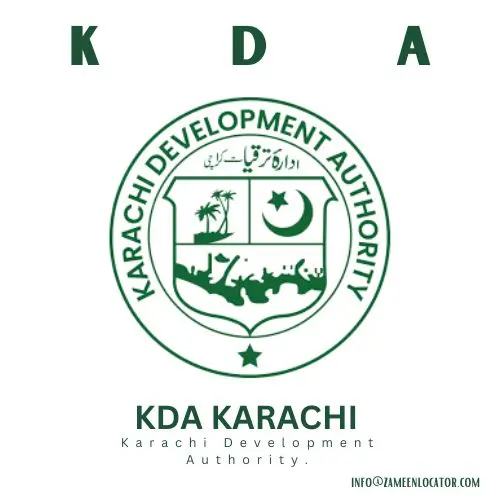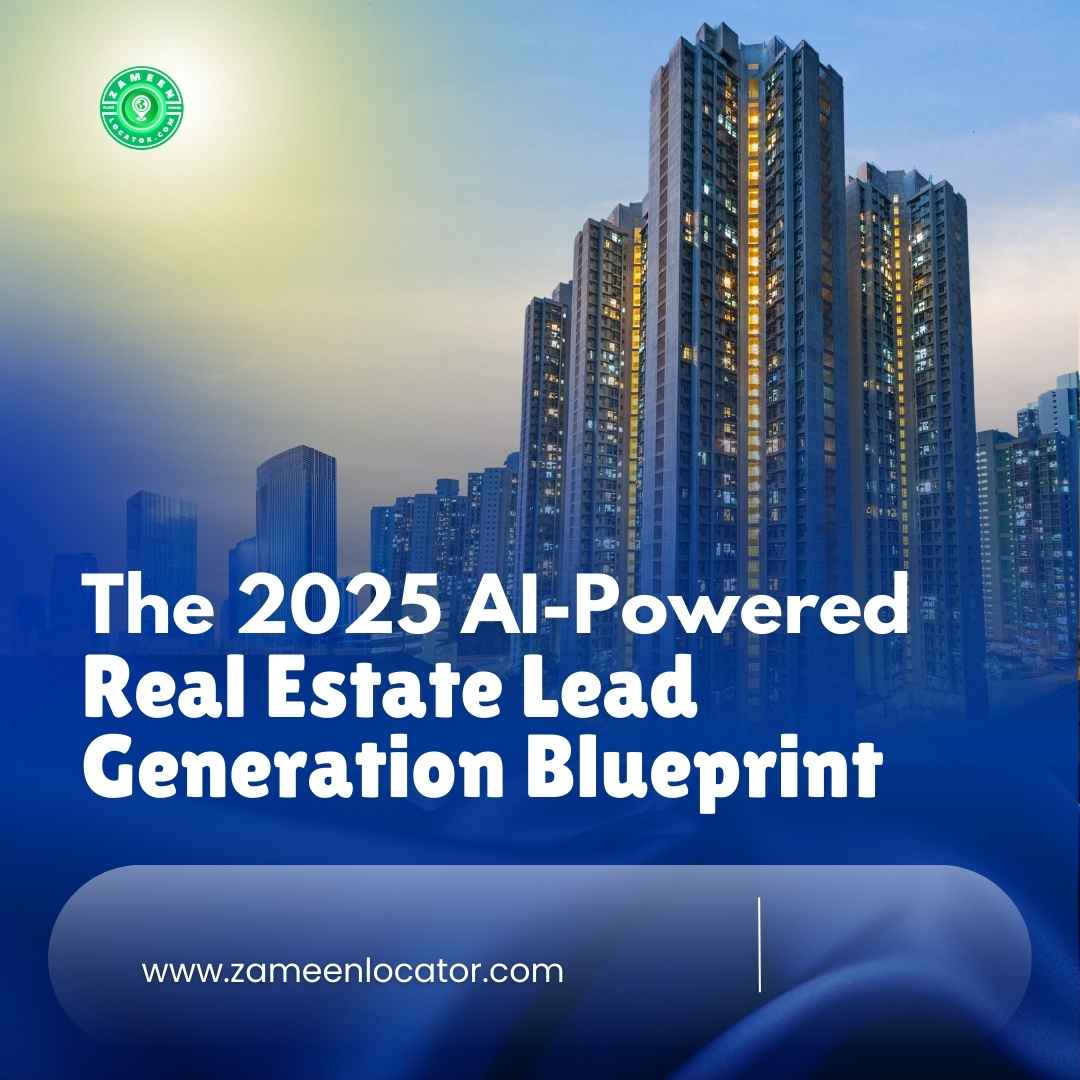
Understanding the Karachi Development Authority (KDA) and Its Rules
The Karachi Development Authority (KDA) plays a key role in shaping the city of Karachi. Since its creation in 1957, KDA has been at the center of planning and developing residential, commercial, and industrial zones across the city. Over the years, despite facing several challenges, KDA has helped Karachi grow into the bustling metropolis it is today.
What Does the KDA Do?
The main job of KDA is to plan and develop different areas of Karachi. This includes:
- Creating housing schemes
- Building roads, bridges, and other infrastructure
- Making sure people have access to basic services like water, sewage, and electricity
Their goal is to help Karachi grow in a way that’s organized, efficient, and meets the needs of its expanding population.
Urban Planning by KDA
Urban planning is one of KDA’s most important tasks.
They create master plans that guide how the city will grow in the future. These plans consider things like:
- Population increase
- Economic development
- Environmental impact
By planning ahead, KDA tries to ensure Karachi remains a livable and balanced city.
Housing Schemes for Everyone
KDA has developed many housing schemes over the years, offering affordable living spaces for people from all income groups.
These areas usually include:
- Schools
- Parks
- Health centers – so residents don’t just get a house, they get a complete community experience.
Building Infrastructure
From flyovers and bridges to better roads, KDA is heavily involved in improving Karachi’s transportation system.
They’re also working on enhancing public transport to make commuting easier in such a large and busy city.
KDA Rules & Regulations
To manage its work properly, KDA follows rules and policies that ensure fairness and transparency.
These rules apply to everything from land acquisition to project approvals.
Land Acquisition & Allocation
KDA follows a clear and transparent process when acquiring land. Landowners are informed publicly and compensated fairly. When KDA allocates land for new projects, it goes through proper checks and approvals to make sure the land is used for the right purposes.
Building Codes & Zoning Laws
KDA has set building rules and zoning regulations that developers must follow. These include:
- Maximum building height
- Floor area ratio
- Land use (residential, commercial, industrial)
These guidelines ensure new constructions are safe, sustainable, and in line with city planning.
Focus on the Environment
In recent years, KDA has started paying more attention to the environment. Their planning now includes:
- Protection of green spaces
- Encouraging energy-efficient buildings
- Better waste management systems
This helps reduce the negative effects of urbanization and supports a greener, cleaner Karachi.
Challenges KDA Faces
KDA has achieved a lot, but it also faces serious challenges like:
- Rapid population growth
- Financial limitations
- Bureaucratic delays
- Illegal constructions and land grabbing
These issues make it harder to plan and develop the city effectively.
What’s Next for KDA?
To tackle these challenges, KDA is now exploring modern solutions, including:
- Digital land records
- Smart city technologies
- Public-private partnerships
These innovations aim to make KDA’s work more efficient and bring better results for the people of Karachi.
Conclusion
The Karachi Development Authority has been a driving force behind Karachi’s growth. With its planning, housing schemes, and infrastructure projects, KDA continues to play a major role in shaping the city. While there are still challenges, its focus on innovation and sustainability offers hope for a brighter future for everyone in Karachi.
🔗 Learn more on the official KDA website.






